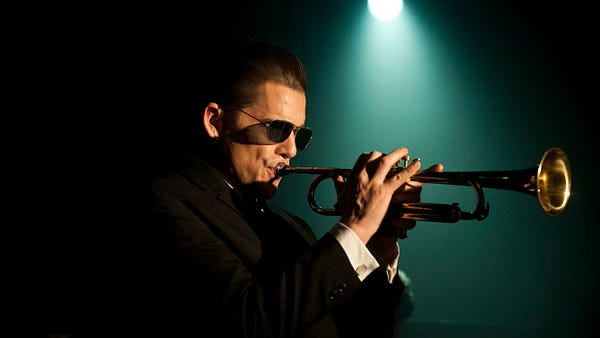Fiction
I sat on the chapel steps and watched the drones dismantle the university. They emerged one by one from some crawl space onto the roof of the Hall of Languages. Tethered to an anchor on the ridge line, they pried off slate tiles, which smashed on concrete sidewalk or lodged in the grass like graves. I remembered reading Shelley in room 405 with Professor Van Trogle, “Look on my works ye mighty and despair!”
At the music college, the drones were further along, working from the top down. Slate, beams, nails and fasteners and insulation puffs littered the ground. The stately spires now looked like icecreamless cones. I watched as the centuries-old bell was trucked off in an overfull bin with the rest of the detritus. Drones chipped mortar from blocks of rust-hued sandstone steeped in Mozart, Sibelius, and Ives.
The drones were well trained. I could see that. They had been recruited from the fraternities and now labored in yellow hats and brown boots. Stolid. Professional. Unhesitating. They had found their calling. They destroyed simply, deliberately, secure in the task and connected to greater purpose. Building by building, desk by desk, book by book, blackboard by blackboard, they undid more like time than humans. It felt right.
We had agreed, all of us, to abandon the human project. The striving, building, colonizing, propagating. All that growth. Once we had agreed to stop, it was an easy step down slope to the destruction consensus. Why not let another force take over, find another model, not merely accept but facilitate time’s implacable erosion?
Not everyone was able to abide by the accord of organized erasure. I saw the first protesters arrive in jeans and sweatshirts, wearing work gloves, toting hammers. They milled in front of the chapel waving signs that said, “Destruction for All,” “Rosie the Rivener,” and “Civil De-Engineering 101!” Somebody played and then promptly smashed a guitar.
Campus security guards appeared to oppose the troublemakers, but they were outnumbered and apathetic and eventually sat, with me, on the steps. We didn’t budge when the group of protestors swelled past some threshold and stormed the chapel. Black high tops and knee-high boots swept past, keen to denature, tear down, obliterate.
The guards and I looked at each other and shrugged. Reason and consensus said look to time, but these students and community members followed another authority: their bodies. They worked to erase the human stain in the spirit it had spread, the only way they could. Now that this force was unleashed, we were powerless to resist it; we gave ourselves into the destruction.
I sat on the chapel steps and watched the drones dismantle the university. They emerged one by one from some crawl space onto the roof of the Hall of Languages. Tethered to an anchor on the ridge line, they pried off slate tiles, which smashed on concrete sidewalk or lodged in the grass like graves. I remembered reading Shelley in room 405 with Professor Van Trogle, “Look on my works ye mighty and despair!”
At the music college, the drones were further along, working from the top down. Slate, beams, nails and fasteners and insulation puffs littered the ground. The stately spires now looked like icecreamless cones. I watched as the centuries-old bell was trucked off in an overfull bin with the rest of the detritus. Drones chipped mortar from blocks of rust-hued sandstone steeped in Mozart, Sibelius, and Ives.
The drones were well trained. I could see that. They had been recruited from the fraternities and now labored in yellow hats and brown boots. Stolid. Professional. Unhesitating. They had found their calling. They destroyed simply, deliberately, secure in the task and connected to greater purpose. Building by building, desk by desk, book by book, blackboard by blackboard, they undid more like time than humans. It felt right.
We had agreed, all of us, to abandon the human project. The striving, building, colonizing, propagating. All that growth. Once we had agreed to stop, it was an easy step down slope to the destruction consensus. Why not let another force take over, find another model, not merely accept but facilitate time’s implacable erosion?
Not everyone was able to abide by the accord of organized erasure. I saw the first protesters arrive in jeans and sweatshirts, wearing work gloves, toting hammers. They milled in front of the chapel waving signs that said, “Destruction for All,” “Rosie the Rivener,” and “Civil De-Engineering 101!” Somebody played and then promptly smashed a guitar.
Campus security guards appeared to oppose the troublemakers, but they were outnumbered and apathetic and eventually sat, with me, on the steps. We didn’t budge when the group of protestors swelled past some threshold and stormed the chapel. Black high tops and knee-high boots swept past, keen to denature, tear down, obliterate.
The guards and I looked at each other and shrugged. Reason and consensus said look to time, but these students and community members followed another authority: their bodies. They worked to erase the human stain in the spirit it had spread, the only way they could. Now that this force was unleashed, we were powerless to resist it; we gave ourselves into the destruction.






